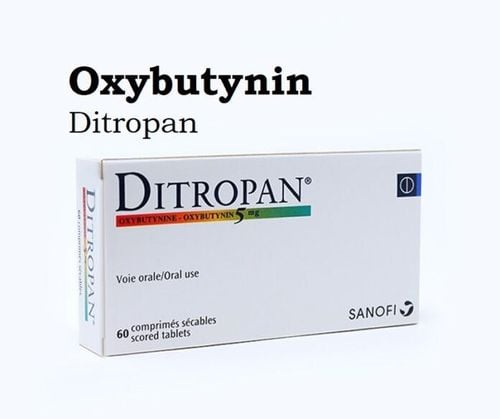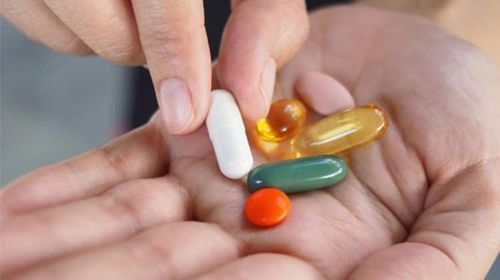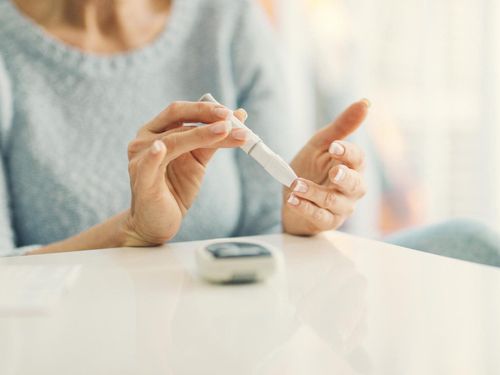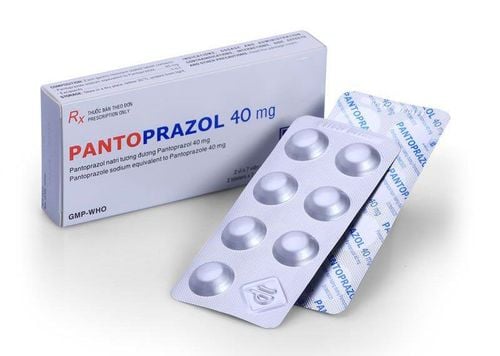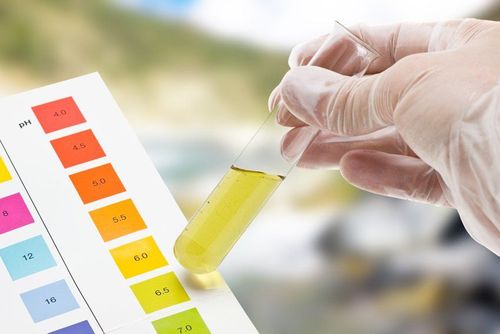This is an automatically translated article.
This article is expertly consulted by a Doctor Urologist - Department of General Surgery & Anesthesia - Vinmec Hai Phong International General Hospital.
Diabetes insipidus is a metabolic disease, which has a significant impact on the patient's quality of life. The disease can cause a number of complications such as cardiac arrhythmias, intestinal spasm disorders, muscle contractions... increasing the risk of death from cardiac arrest, hypotension... Therefore, everyone needs to be warned. awareness of the risk of contracting this disease.
1. What is diabetes insipidus?
Normally, the body produces a hormone called antidiuretic hormone (ADH). This hormone is produced in the hypothalamus and stored in the pituitary gland in the brain. It helps the kidneys retain water and makes the urine more concentrated. When the body is thirsty or slightly dehydrated, the ADH level will increase, stimulating the kidneys to reabsorb more water, making the urine concentrated. When you drink more water, your ADH levels will drop, allowing more urine to be passed.
Diabetes insipidus is a disorder in the ability to regulate the level of water balance in the body. The patient's kidneys are no longer able to retain water, causing frequent urination and dilute urine. Because more urine is excreted, the body will lose water, the person becomes thirsty and tends to drink more water.
There are 2 types of diabetes insipidus: central diabetes insipidus (the body does not produce enough ADH) and nephrogenic diabetes insipidus (the body produces enough ADH but the kidneys respond poorly). If you have diabetes insipidus, the patient will fall into a state of dehydration, the concentration of sodium and potassium in the blood becomes unbalanced and elevated.

2. Is diabetes insipidus dangerous?
Diabetes insipidus is considered a disease that is not too dangerous because the incidence is quite low (1:25,000), treatment is not complicated. The disease does not cause kidney failure, the kidneys are still working normally. However, diabetes insipidus can still cause some bad consequences, patients are prone to some of the following conditions:
The patient urinates a lot, even at night, causing fatigue, lack of vitality, affect daily activities; Dehydration: Muscle pain, weakness, headache, weight loss, dry skin, fever, vomiting,...; Loss of electrolytes: Cardiac arrhythmias, intestinal spasms, muscle contractions,... More dangerous, these disorders can lead to the risk of death from cardiac arrest, hypotension due to dehydration, loss of service.
2. Be wary of diabetes insipidus

Because diabetes insipidus can cause many unpredictable complications, it is important to be alert to the risk of the disease. Specifically, we need to:
2.1 Understand the symptoms of the disease for timely examination. Common symptoms in patients with diabetes insipidus are:
Urinating a lot, urinating 3 - 20 liters/day; Urinate frequently throughout the day, possibly every 30 minutes; Drink a lot of water but still feel thirsty; Patients often prefer to drink cold water; Dehydration with manifestations including: Headache, dry skin, dizziness, dry mouth, dry tongue, dizziness, cramps, lethargy, unconsciousness,...; Fatigue and poor concentration due to lack of sleep due to frequent awakening to urinate; Children with diabetes insipidus have nocturnal enuresis, daytime urinary incontinence, fussiness, loss of appetite, fatigue, fever, vomiting, diarrhea, retardation, and underweight; Diabetes insipidus in puberty causes menstrual disorders, decreased sex drive,... 2.2 Understanding treatment methods In order to deal with diabetes insipidus, patients need to understand the treatment methods of the disease. . Specifically:
Replenish water and electrolytes. The amount of water taken in is roughly equivalent to the amount of urine. For patients with mild illness, doctors usually suggest drinking 2-3 liters of water/day and no need to take medicine; Compensate for anti-diuretic hormone if deficiency; Address the cause of diabetes insipidus: If it is caused by emotional trauma or severe infection, it needs to be treated aggressively; if due to kidney failure, kidney disease must be treated; if due to lack of ADH hormone, it is necessary to use replacement medicine; Patients need to be treated and monitored for a long time, strictly follow the doctor's instructions on the dosage and duration of drug use to ensure effective treatment and prevent possible complications. Although diabetes insipidus is not too dangerous, each person still needs to be alert to the risk of disease, and complications of the disease due to dehydration and electrolyte disturbances. If there are signs of frequent urination and thirst, the patient should go to the doctor soon to determine the cause of the disease and have a timely treatment plan. Patients who are being treated for diabetes insipidus need to strictly follow the instructions of their doctor, periodically re-examine as indicated to ensure the best treatment effect.
For medical examination and treatment at Vinmec, please go directly to Vinmec medical system nationwide or register online HERE.
SEE ALSO:
Indicators in the urinalysis test What is UTI and is it dangerous? Adults bedwetting, why?




